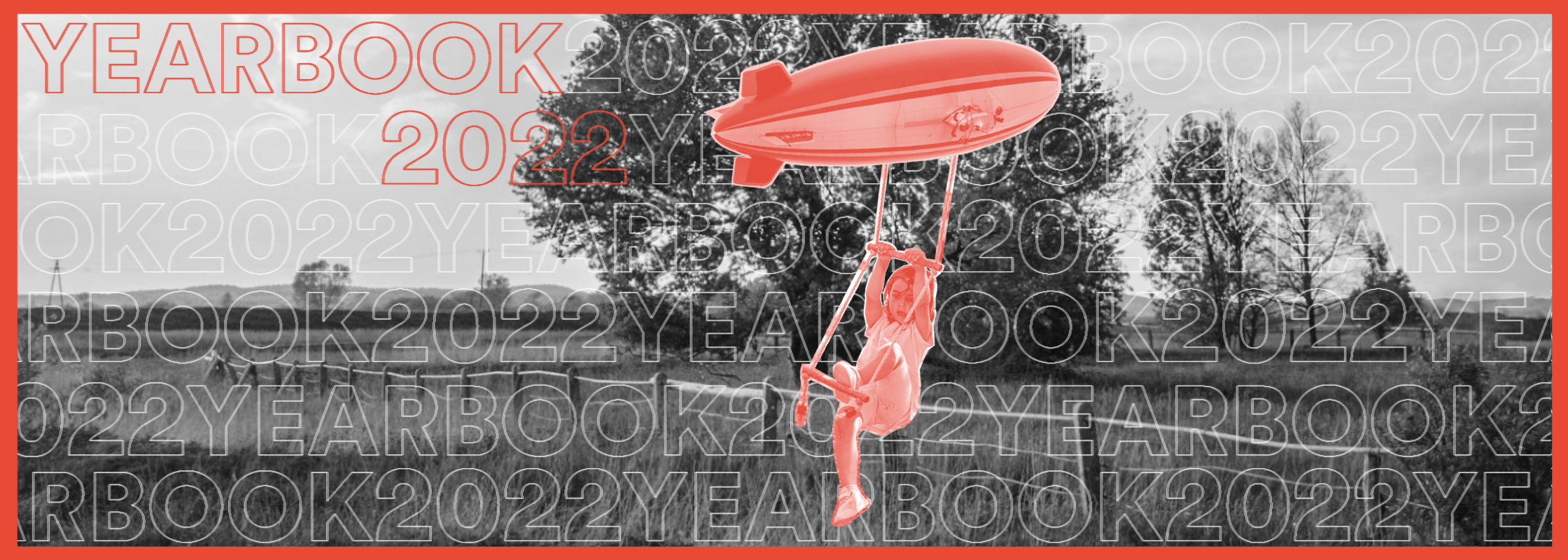The main challenge: taking care of education, in policy and practice
31/03/2022

31 March 2022 - Presentation of the Yearbook of Education 2022 (forthcoming)
Two years ago, nobody could have imagined that a health pandemic would lead to the worldwide isolation of millions of people at home and the subsequent mass closure of all schools, regardless of their type or stage of education.
Overnight, schools closed their doors and, in the best cases and to the extent that it could, face-to-face education moved over to remote learning. From then on, the home environment also became a school environment. Mothers and fathers (mainly mothers) also became teachers for their children, with all that this entails not only in material terms but also in emotional and psychological terms.
Teaching your children not only involves having the time and resources (mainly cultural) to be able to carry out the task, it also entails possessing the emotional resources to carry out an often overwhelming task. Because you love your children more than anything in the world but you do not know how to teach them mathematics, especially in the same way as the teacher, a figure who is and always will be the educating authority. This creates anxiety and discontentment and makes you face the constant danger of being seen as a “bad parent”.
At the same time, millions of boys, girls, adolescents and young people were making their home environment their classroom. The boundaries between formal and informal learning settings became blurred. Bedrooms (ideally) and dining rooms (in most cases) became study rooms. And, via the cameras on electronic devices, teachers entered – almost literally – their homes. They saw their bedrooms, and even their pyjamas. The misnamed digital natives – especially adolescents – were suffocating within the walls of their homes and on their mobile devices; they needed activity, contact and life.
“Productive” and “reproductive” work became more interconnected than ever, but not to the same level of prestige, prospects or social recognition.
And, from the other side of the computer screens (when there was a screen, which was not always the case, let alone one belonging to a modern computer), female teachers carried out their professional work at the same time as the care tasks that run inexorably through our lives. “Productive” and “reproductive” work became more interconnected than ever, but not to the same level of prestige, prospects or social recognition. The same balance between one and the other could not be struck in every household and this unbalanced – and continues to unbalance – lives.
Ever since the emergence of Covid-19 the concept of care has shrouded public discourse, but it has not been replicated in specific policies and practices.
Indeed, ever since the emergence of Covid-19 the concept of care has shrouded public discourse. However, as a discourse it has all too often been confined to the realm of narrative, without being replicated in specific policies and practices. The mantra that the crisis would become an opportunity has been shown to be a fallacy.
Covid-19 has heightened and toughened already existing inequalities and has also led to new ones. Inequalities based on class, gender and ethnicity/origin that pervade our societies and schools have overwhelmingly conditioned forms of expression and the consequences of the crisis. The messages claiming we were all equal in the face of the health emergency have been shown to be misleading, in both their health and social perspectives.
The Yearbook of Education 2022, which is currently in preparation and will be released in the autumn, stems from this post-pandemic context and, therefore, it cannot be left out. It is not a yearbook about the effects of Covid-19 on the education sector. As a matter of fact, this issue cuts across the yearbook that we are preparing and does so specifically in certain chapters. However, this is not its common denominator and nor is it its ethos.
The ethos of the Yearbook of Education 2022 is to put the notion of care at the core, both as regards the selection of topics, and in terms of the authors, perspectives and outlook.
The ethos of this yearbook is to put the notion of care at the core. And it does so in both the selection of topics, and in terms of the authors, perspectives and outlook. To be precise, care is a fundamental dimension of educational justice and, as such, is inextricably linked to the principles of redistribution, recognition and representation. This is because justice is associated with resources, respect, power, solidarity and affection. That’s right, affection as well. For years, feminism has taught us that human beings are innately interdependent and that it is vital to place sustainability of life at the heart of all social, economic and political processes. It is from this basis that we understand care and try to reflect it in this yearbook.
On the one hand, it is a yearbook written and directed by women. This should come as no surprise to us considering that work in this realm of education is indeed female-dominated. However, as is the case in so many other spheres, the public profile and positions of greater recognition, power and prestige are typically occupied by men.
It is also a strongly interdisciplinary yearbook, with contributions from the spheres of pedagogy, didactics, social psychology, educational sociology, social anthropology and public health. This is because the challenges we face are, by their nature, multifaceted. We have also sought to underline this interdisciplinary dimension by diversifying the professional profiles of the participating authors. Although this has not been an easy undertaking, we have managed to ensure that both those of us who work in the university environment – we continue to be the majority, because our working circumstances allow it – and those who work directly in school environments and/or in public administrations are represented. Also, when it has not been possible to do so in the form of authorship, we have sought this representation by listening to the views of agents from the education community and reflecting them, in one way or another, in each chapter of the yearbook.
We have given priority to challenges linked to justice, opportunities, inclusion, diversity, meaningful learning and professional wellbeing.
Lastly, the Yearbook of Education 2022 prioritises some challenges over others. Any selection of challenges is always partial and is therefore biased. On this occasion, aspects linked to justice, opportunities, inclusion, diversity, meaningful learning and professional wellbeing have shaped the questions that we have prioritised.
Beyond any doubt, these topics can be addressed from various standpoints. Accordingly, we have organised them around eleven questions that we consider essential to progress towards an education system that places social justice at the heart of its endeavour. They are as follows:
- How can the Inclusive School Decree be implemented in an equitable, inclusive manner? (Raquel Miño and Paula Lozano)
- Which criteria should guide the programming of the offer to reduce school segregation? (Maria Segurola)
- What added value do the centres for new opportunities bring and how can they be scaled up to the whole system to ensure academic success for all? (Marta Curran)
- What should vocational training be like in order to reduce early school leaving and offer training quality for all students? (Montse Blanes)
- How do the criteria of distribution of pupils within educational institutions condition pupils’ learning and their relations? (Laia Narciso)
- How can a thirst for learning be aroused among all students? (Digna Couso and Neus Sanmartí)
- How can we train education professionals for inclusive management of diversity? (Marta Casas)
- What teachers do high-complexity schools need, and how can they be recruited and retained? (Clara Fontdevila)
- How can educational strategies be developed towards digital citizenship? (Núria Vallès-Peris)
- What role should education play in promoting the health of children and young people? (Judith Jacovkis and Eulàlia Sot)
- How can student expectations be addressed within the framework of school guidance policies? (Queralt Capsada-Musech)
As mentioned, we are about to conclude this entire production process and we will share it with you in detail when our publication is ready for discussion and joint learning in relation to each of the nine challenges. It will not be long; we will keep you updated!
